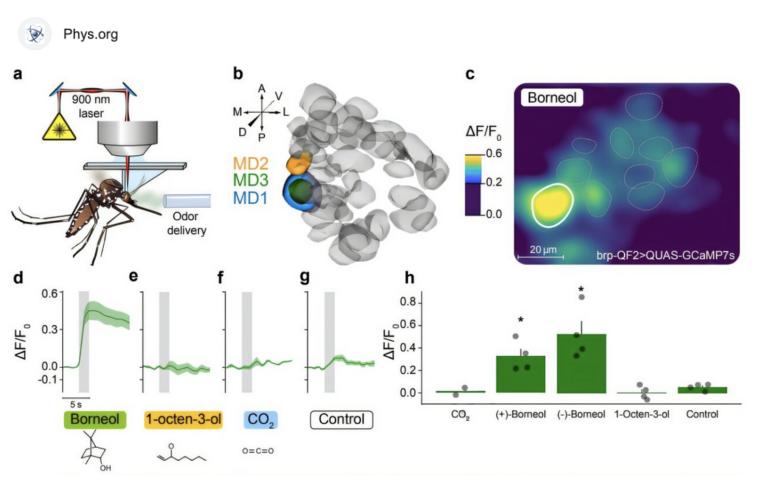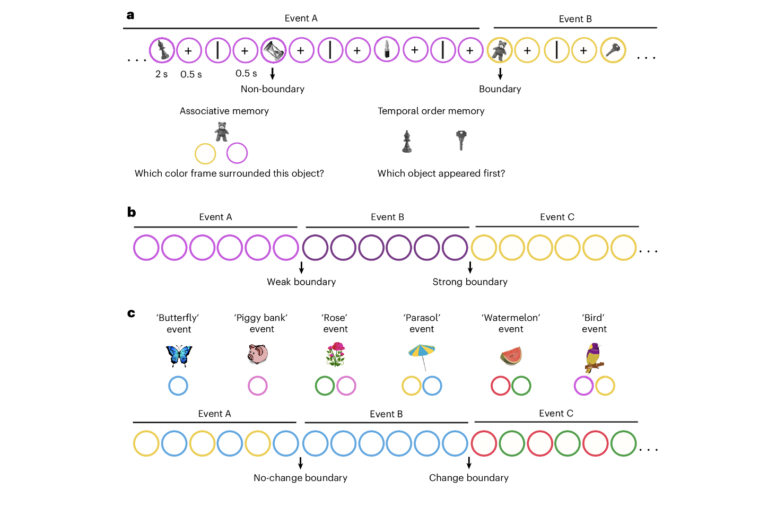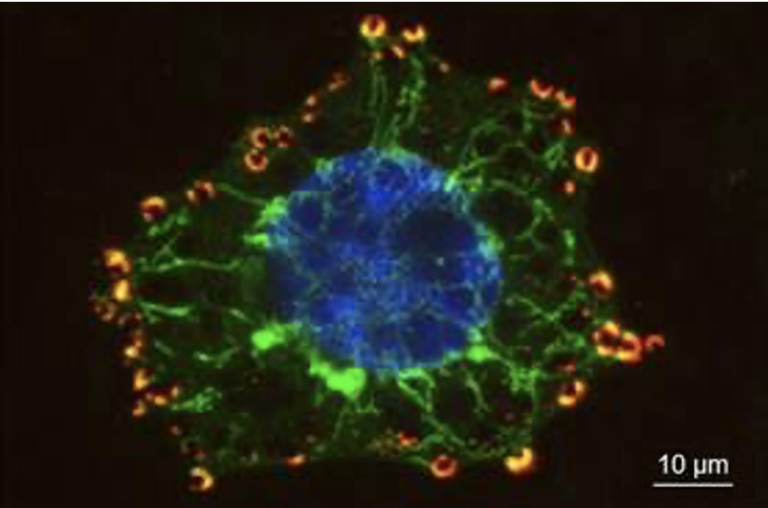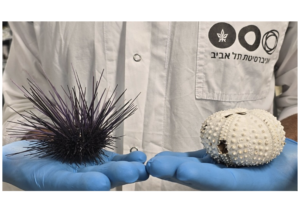BGU: preclinical oncology coursework could help with the shortage of oncologists
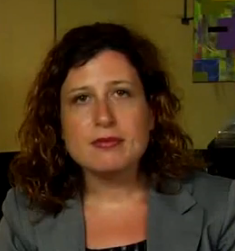
With the world facing a shortage of oncologists, BGU researchers have determined that preclinical study of oncology may increase the number of students entering the field and may make them more empathetic and concerned about ethical issues of treatment.
With the world facing a shortage of oncologists, BGU researchers have determined that preclinical study of oncology may increase the number of students entering the field and may make them more empathetic and concerned about ethical issues of treatment.
The study was published in journal, Academic Medicine and led by Dr. Leeat Granek (pictured above), an assistant professor and health psychologist, BGU Department of Public Health, Faculty of Health Sciences and Professor Samuel Ariad, head of the Oncology Department at Soroka Medical Center at BGU.
In 2014, the American Society for Clinical Oncology reported that while the demand for cancer care services has doubled, the number of practicing oncologists is likely to increase by only 28 percent in the next decade. The report concludes that nearly 450,000 new cancer patients in the United States are going to face serious obstacles in getting the life-saving care they need. Modern treatments are able to prolong survival for many patients, making cancer a chronic illness that will need to be managed by all health care professionals, not just oncologist professionals.
In 2014, the American Society for Clinical Oncology reported that while the demand for cancer care services has doubled, the number of practicing oncologists is likely to increase by only 28 percent in the next decade. The report concludes that nearly 450,000 new cancer patients in the United States are going to face serious obstacles in getting the life-saving care they need. Modern treatments are able to prolong survival for many patients, making cancer a chronic illness that will need to be managed by all health care professionals, not just oncologist professionals.
The BGU study authors designed and implemented a one-week introductory preclinical oncology course for second-year medical students at BGU. In 2013, 77 students completed surveys pre and post the course. The course presented a holistic approach to caring for patients with cancer that goes beyond the biological aspects of the disease.
The research showed an increase in the number of students considering specializing in oncology – from 22 percent pre-course to 39 percent post-course. These issues are especially pertinent across the globe today, including in Israel and North America. In Israel, in 2010, the ratio of newly diagnosed patients to oncologists was 24,992 cancer patients to 180 oncologists.
The study also reported a promising increase in students’ empathy toward cancer patients despite the trepidation about causing them suffering. “Our findings indicate the need for medical schools to include this type of curriculum in their preclinical studies so students may learn to communicate more easily with patients about death and dying, and can help develop a heightened sensitivity towards causing unnecessary pain,” says Dr. Granek.
Dr. Granek says such courses may be one way to counteract the well-documented phenomenon of the decrease in empathy among medical students as they advance in their training. As one of my students concluded, “I won’t forget my humanity or the humanity of my patients.”
The research team included: Dr. Irena Lazarev and Prof. David Geffen from the BGU Department of Oncology, Soroka University Medical Center and Faculty of Health Sciences, Ms. Shira Birenstock-Cohen is a social worker, Social Work Service, Department of Oncology, Soroka University Medical Center, Prof. Klaris Riesenberg is head, Infectious Diseases Institute, Soroka University Medical Center, and vice dean, Joyce & Irving Medical School, Prof. Samuel Ariad is head, Department of Oncology, Soroka University Medical Center, Faculty of Health Sciences.

